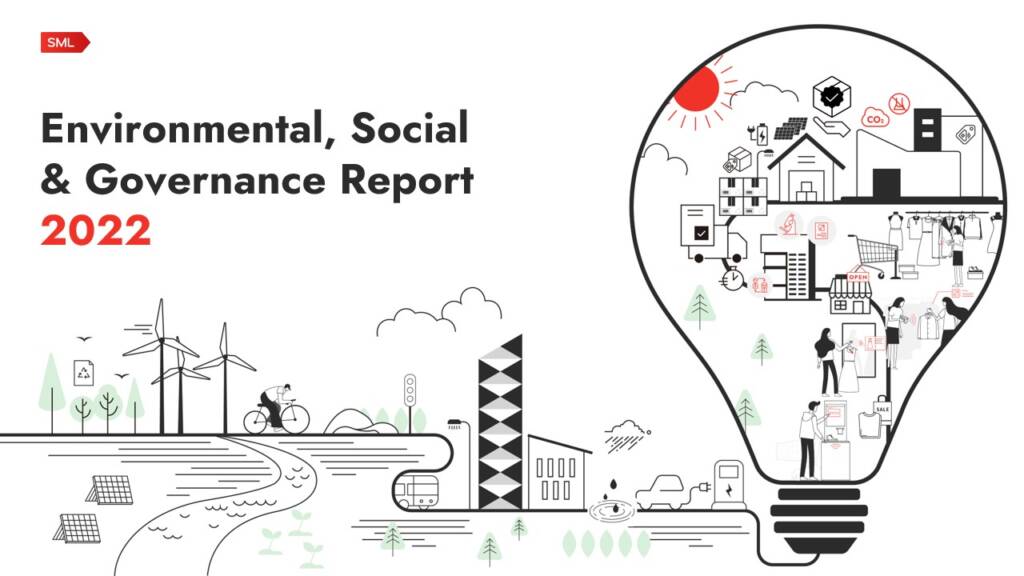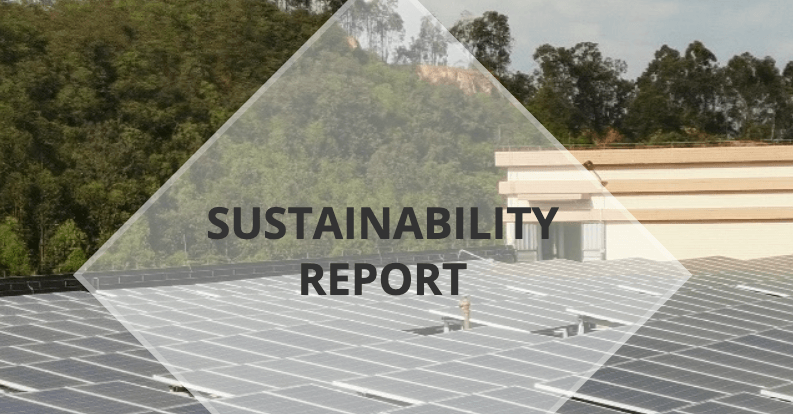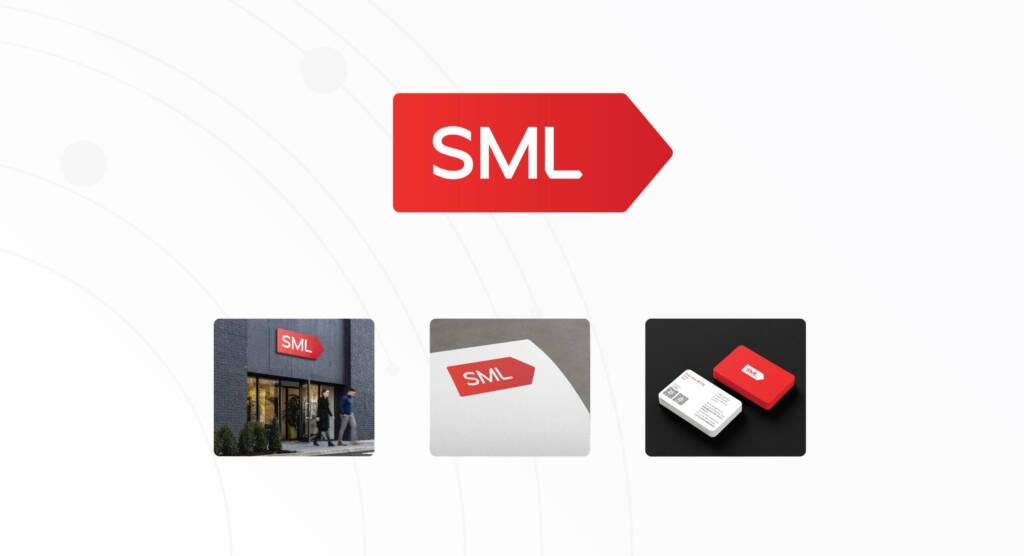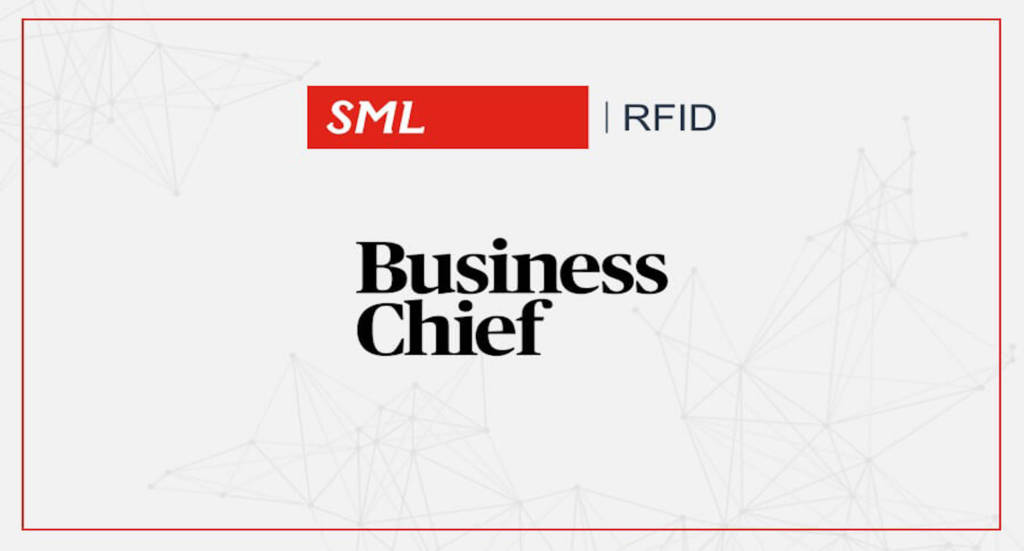Our Sustainability Journey: 2030 Goals Explained
In 2022, the global retail market generated over $27 trillion in sales and is forecast to reach over $30 trillion by 2024. Along with this rise in demand, retailers produce more greenhouse emissions when manufacturing products, and in the supply chain, retailers contribute 25% of greenhouse gas emissions globally. This staggering figure highlights the need for retailers to incorporate sustainable initiatives into their operations and the importance of meeting sustainability targets.
Despite a turbulent market over the last few years, sustainability remains a priority for SML Group, and we’re proud to share that we achieved our 2022 sustainability goals. Due to our ongoing Environmental, Social, and Governance (ESG) policies, we’ve cut our greenhouse gas emissions by 35% and now recycle 90.1% of waste. This milestone reflects our ambitions as a company, and keeping in line with our long-term commitment, we’ve unveiled a new set of ambitious sustainability goals.
Moving Towards Net Zero
One of the most crucial aspects of our 2030 sustainability goals is the commitment to reduce scope 1 and 2 greenhouse gas emissions by 40%. To achieve this, we are exploring eco-friendly solutions, such as cutting-edge technology and renewable energy sources. Our commitment continues beyond there, as we have committed to set emission reduction targets in line with the Science Based Targets Initiative (SBTi). By doing so, we ensure our efforts align with the best available research, intending to achieve net zero emissions by the year 2050.
Championing Sustainability
Recognizing the significant impact of products and materials on the environment, we are determined to play a vital role in promoting sustainability. By 2030, our objective is to increase the number of sustainable products offered by sustainability pioneer brands to 90%. These products will incorporate environmentally friendly elements and reduce the carbon footprint associated with their production, distribution, and disposal.
Striving for Zero Waste
Addressing the global waste crisis is another core pillar of our sustainability strategy. We are dedicated to diverting 95% of its waste from landfills, minimizing the environmental burden to drive a circular economy. Through robust waste management practices, our mission is to reduce waste generation, recycle materials, and repurpose resources to create a more responsible business model.
Building an Ethical Network
At SML, we understand the significance of supply chain sustainability and aim to align 95% of suppliers with stringent environmental and social policies. Through proactive engagement and collaboration with suppliers, we aim to promote responsible sourcing, fair labor practices, and reduced environmental impact throughout its value chain.
Pioneering Sustainability
Our 2030 sustainability goals are a testament to our long-term commitment to creating a better, more sustainable world. As we take significant strides towards these goals, it paves the way for a greener and more socially responsible future. Our transformative journey highlights our commitment to drive positive change, and by integrating these sustainable practices, we can prove that a thriving business can simultaneously meet its sustainability objectives.To find more about our 2030 sustainability goals, read the full SML 2022 Annual ESG Report.










